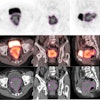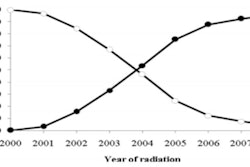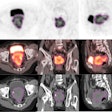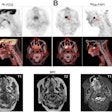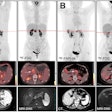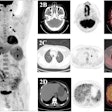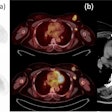Patients with pituitary adenomas who received radiation therapy following surgery have not developed more second tumors than patients who only underwent surgery, according to a study published in the July issue of Radiotherapy and Oncology.
While the use of radiotherapy as a treatment for pituitary adenomas has declined over the past two decades, the study -- a long-term outcomes comparison of nearly 500 patients -- is good news for those with uncontrolled disease who could benefit from irradiation.
Researchers at the University Medical Center Goningen in the Netherlands studied outcomes of all patients treated there for pituitary adenoma between January 1959 and February 2008. The cohort included 226 patients who only underwent surgery and 236 patients who also had radiation therapy.
Patients who received radiotherapy had an incomplete surgical resection or they developed recurrent disease. These patients were prescribed a radiation dose of 30 to 55 Gy, which was delivered for most in 25 daily fractions of 1.8 Gy over five weeks. Various radiotherapy techniques were used (Radiother Oncol, July 2012, Vol. 104:1, pp. 131-138).
Radiotherapy patients were followed for a median of 14 years following treatment, and patients in the surgery-only cohort were followed for a median of six years. Four patients developed intracranial tumors, three of whom had received radiotherapy.
Thirty-one patients developed extracranial tumors; 20 of these patients had received radiotherapy. However, when the patients were analyzed by yearly incidence of extracranial tumors, there was no difference between the two groups, according to lead author Dr. Margriet G.A. Sattler, of the department of radiation oncology, and colleagues.
The authors compared the death rates of both treatment groups to an age- and sex-related reference population according to the standardized mortality rate, a ratio between the observed and the expected number of deaths. The 45 deaths among patients who received radiotherapy were slightly more than the 41.26 expected, and the 24 deaths in the surgery-only group were slightly less than the 27.74 expected. Differences in death rates were not statistically significant.
Postoperative radiotherapy for pituitary adenoma patients was not associated with an increased incidence of second tumors and mortality compared to surgery alone, Sattler and colleagues concluded; however, they recommended that lifelong follow-up is needed. The group advocated that cancer registries log treatment types to provide the documentation needed for future analysis.



